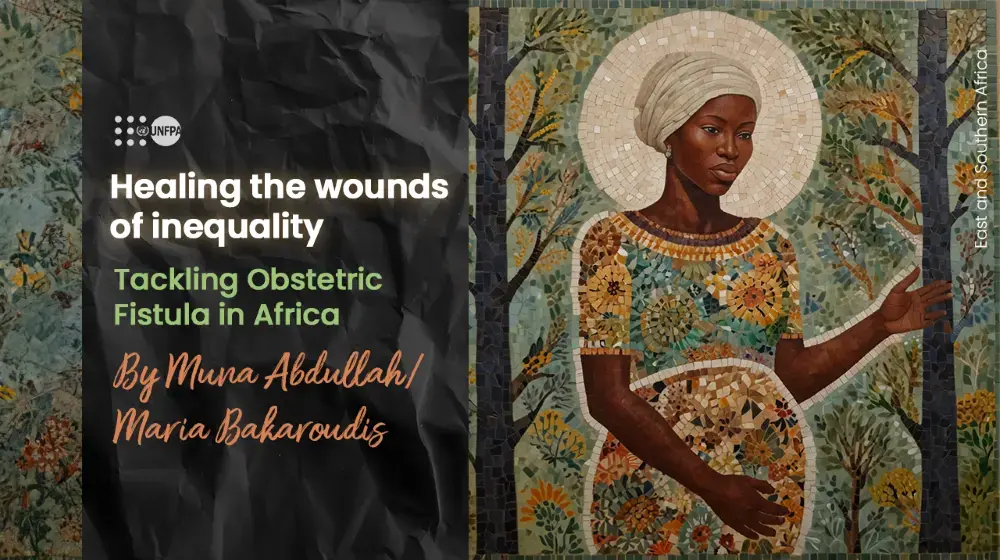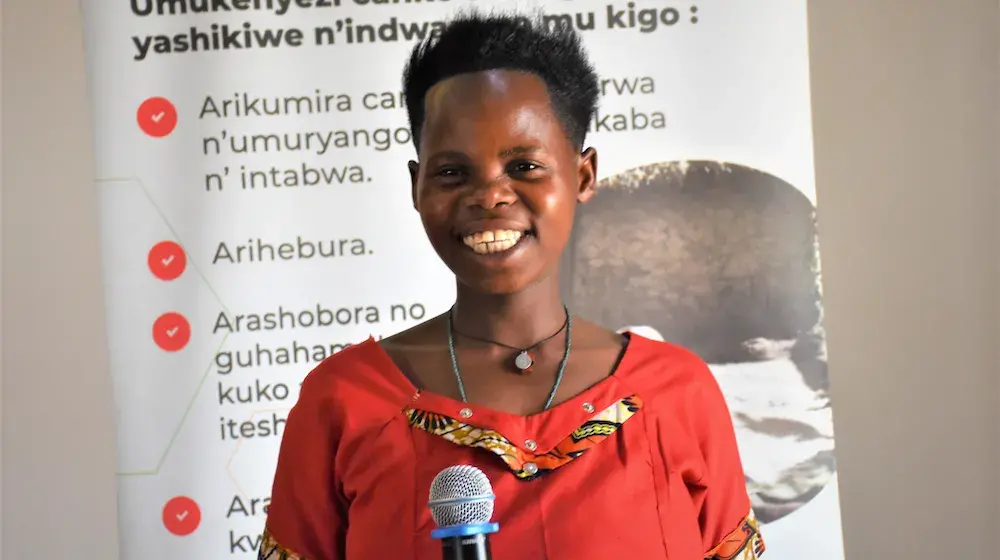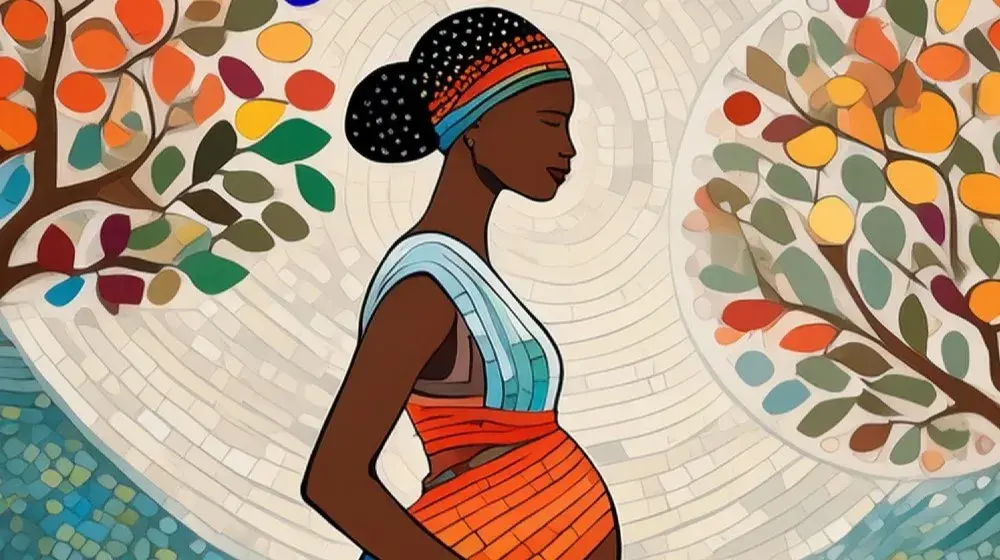Every day, almost 800 women die from pregnancy complications. For every woman who dies, 20 or more are injured or disabled. One of the most serious injuries of childbearing is obstetric fistula, a hole in the birth canal, caused by prolonged, obstructed labour due to lack of timely and adequate medical care.
As a result of prolonged, obstructed labour, in most cases, the baby is stillborn or dies within the first week of birth, and the woman suffers a devastating injury – a fistula – that leaves her incontinent. The consequences of this injury more often leave her ashamed, ostracized and marginalized. Many women and girls who suffer from fistula are excluded from daily community life and abandoned by their husbands and families, isolating them socially and emotionally, making it also difficult to maintain a source of income or support, thus deepening their poverty and magnifying their suffering.
The survivors of obstetric fistula are women and girls, usually poor, often illiterate, who have limited access to health services, including maternal and reproductive health care. The persistence of obstetric fistula reflects broader health inequities and health-care system constraints, as well as wider challenges facing women and girls, such as poverty, gender inequality, lack of schooling, child marriage and early child bearing, all of which impede the well-being of and opportunities for women and girls.
Obstetric fistula has been virtually eliminated in industrialized nations, but in the developing world it is estimated that more than 2 million women and girls are still living with the condition. However, obstetric fistula is preventable and, in most cases, can be surgically repaired.
To end fistula, we must ensure universal access to reproductive health services; eliminate gender-based social and economic inequities; prevent child marriage and early childbearing; promote education and broader human rights; and foster community participation in finding solutions, including through the active involvement of men as well as seeking the help of fistula survivors as advocates. Ensuring access to fistula treatment (surgical repair) for all women and girls in need is also a key strategy for eliminating fistula.



